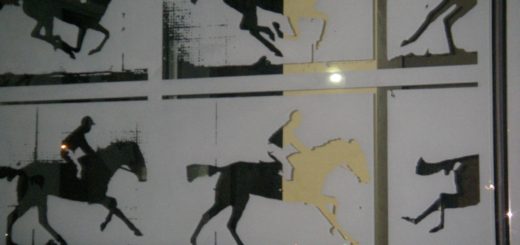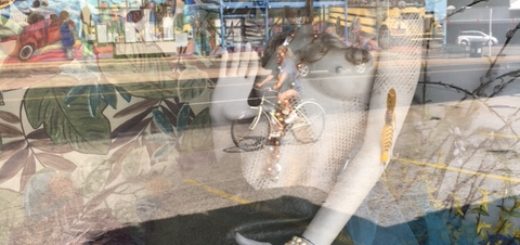What REALLY Scares Us
As spooky season ends and we settle into a dark and chilly fall, it’s time to turn to the future of cinema to find out what REALLY scares us.
Despite the fact that the new Guillermo del Toro film “Frankenstein” is playing in theaters and a Frankenstein-based SNL sketch is making the social media rounds, the creation of Doctor Frankenstein is merely the first runner up in our monster of the moment.
More frightening: a number of current economic indicators, including stupid high grocery prices, the fact that the 1930s coffee technology “the percolator” is trending on tik -tok and the once white-hot stock pick “Chipotle” is slumping because the youths can’t afford to eat there anymore.
Those economic indicators dovetail with the fall film festival showings which indicate that financial insecurity is the most terrifying thing going on right now, even for vampires.
The new 3-hour “Dracula” film by Romania’s hottest director Radu Jude breaks terror down to manageable bits. Jude’s “Dracula” avoids the artistic prison of good taste and jumps straight into a whackadoodle story that interweaves multiple narratives, bad AI and most vividly, a host of actors who work in a tourist-trap performance of Dracula. The boss of that theatrical production is more than a bit unethical…. Thus the actors are forced to do things like “only fans” and having questionable vampire relations with tourists for money. Their work situation goes from bad to worse when the tourists are offered the chance to go on a “real” vampire hunt with real weapons, where children are offered the possibility of staking the vampire in the heart. This replaces the fun chase game around ye olde towne centre that the vampire tourist performance normally has.
A Romanian dude at Fantastic Fest–the biggest genre film festival in the US– who was also in line for an early screening of “Dracula” told me Jude is “everything” in Romanian cinema these days. I’m trusting he knows more about Romanian cinema than me, because I haven’t even seen Jude’s most well-reguarded work, “Bad Luck Banging.”
Jude’s new “Dracula” isn’t even the most terrifying film in the fall festival line-up.
In his upcoming film “No Other Choice” powerhouse Korean director Park Chan-wook (Old Boy) takes on capitalism and how far people will go to remain in the style of life to which they have become accustomed.
The story is a tale about a man who has worked in the paper industry his entire career, which has provided a lovely life for himself, his beautiful wife, his two children and his two golden retrievers. He has it all, and his wife, children and dogs have it all, until Americans buy his company and start making the kind of unpleasant changes that lead to unemployment.
When things don’t go the way in his career that he is anticipating, he makes the kind of efforts that most job seekers make. He goes to meetings, he tries success mantras. And then, still trying to find gainful employment in his industry of choice, he starts getting extremely creative with his competition in ways that make the local constables start paying attention to the finer points of the pulp paper industry.
This film about the paper mill may have affected me more than most, because I come from a long line of paper mill employees–my Grandfather was one of 12 people sent down to start the Champion paper mill in Pasadena, Texas that famously led to that Houston suburb being widely (but not fondly) as Stinkadena. Now that the Pasadena paper mill he started has been closed and demolished. The mill my grandfather originally started working in, located in Canton, North Carolina, has also closed, leading to less than rosy options for former mill workers. Our societal move away from paper to a digital world has multiple consequences.
Another festival film from this fall focused on finances is “Dead Man’s Wire” the new film from director Gus Van Zant, based on the true story of a kidnapping by Tony Kiritsis in 1977. Richard Hall, a Vice President of a Mortgage Company in Indianapolis was kidnapped by Kiritsis, and one of his key demands is an apology for wrongdoing on the mortgage company’s part. The film makes clear that this wasn’t just about money, this is a personal vendetta against the wrongs committed by the mortgage company. If that isn’t a tale for our times, I don’t know what is.
As disparate as these films might seem, they all indicate the financial precariousness we seem to be facing. The Federal Reserve just cut the interest rates again. SNAP benefits are just now starting to trickle out to hungry Americans and the prices of everything keeps going up. It’s enough to terrify someone who doesn’t flinch at the severed eyeballs, headless hauntings and vengeful ghosts of traditional horror films.
Unless some things change soon, it’s likely we will be seeing a lot more films about financial jeopardy. It seems that a future full of economic instability is far more terrifying than witches, goblins and assorted Romanian vampires. We just might be seeing more films that focus on this very real kind of terror of things that go bump in the empty pocketbook.






















